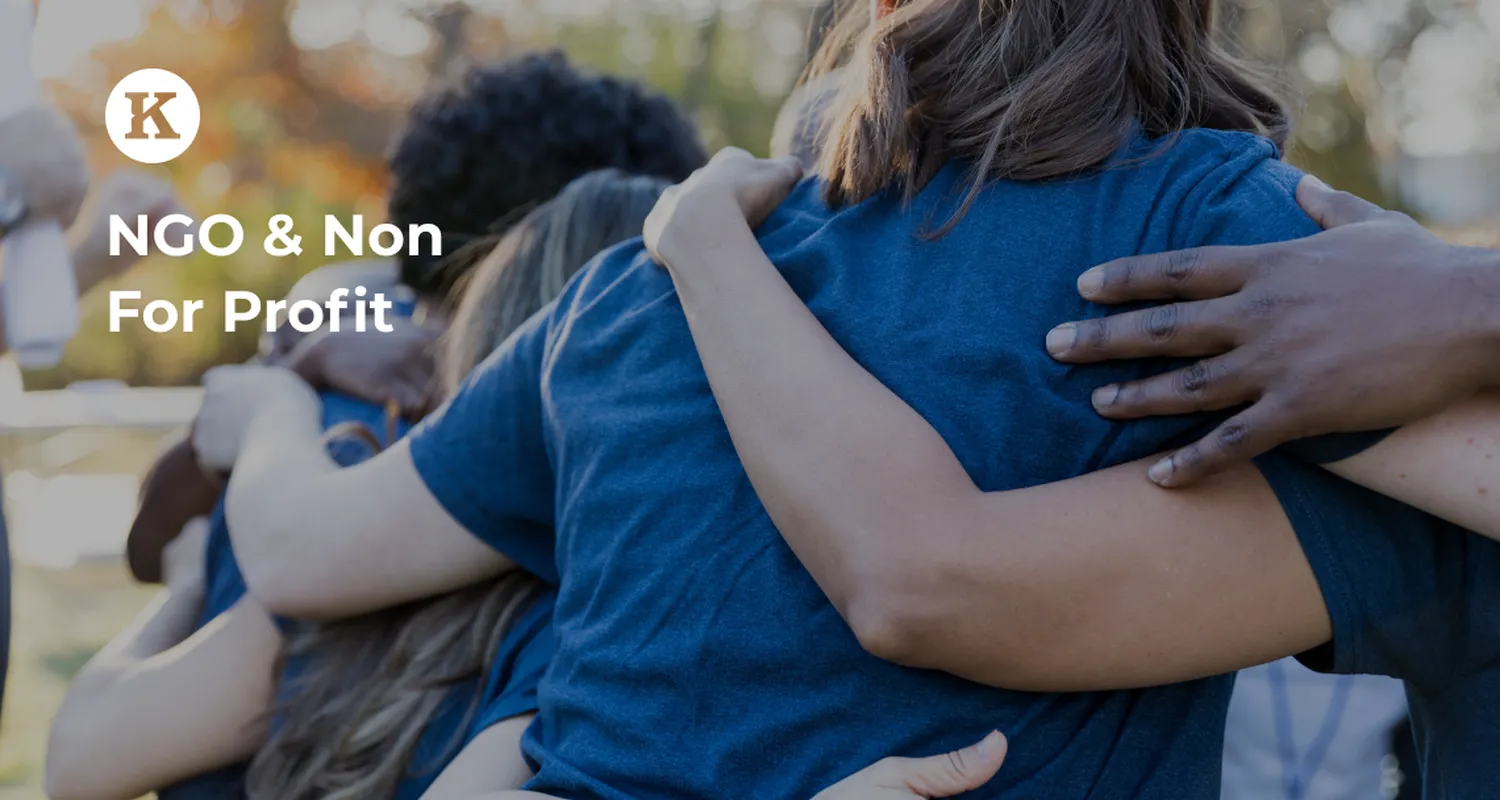The Kestria NGO & Not For Profit Global Practice Group has convened six esteemed experts from around the globe to explore how NGOs can leverage innovative leadership strategies, adapt to shifting global dynamics and cultivate agile, mission-driven teams to drive lasting impact in a rapidly changing world.
Key takeaways:
Talent management in NGOs requires adaptation: NGOs must tailor their recruitment strategies to fit both limited resources and the specific needs of mission-driven work. Creative approaches, such as leveraging internal training or providing non-monetary benefits, are essential to attract and retain the right talent.
Leadership agility is critical for long-term impact: Effective leadership in NGOs requires agility, cross-cultural competency and the ability to adapt quickly to changing environments. Leaders must balance the demands of crisis management with the need for long-term sustainability and team well-being.
Holistic staff well-being is key in crisis zones: As NGOs face increasing risks, especially in humanitarian crises, the well-being of staff must be a strategic priority. This includes providing mental health support, fostering trust and creating a culture that encourages learning from failures to ensure both safety and effectiveness in high-stress environments.
Talent management in the Non-Profit sector
Nadia Virasamy, CEO, Moving Into Dance, South Africa, notes that their recruitment processes have a unique edge. ‘In managing a dance company, we recruit exclusively from our three-year training programme, hiring graduates and those who’ve advanced within the organisation to nurture the talent we need.
Challenges arise in administrative recruitment, especially with our limited budgets as a not-for-profit, making market rates unfeasible. While we try to develop internal talent, transitioning dancers into administrative roles often doesn’t succeed. Although they excel creatively, administration can be difficult. This is a common industry issue—great performers don’t always make effective administrators.
At times, we’ve managed the transition successfully and found individuals passionate about our work, even without a performing arts background, willing to take on the responsibility.
Coming from an academic background, I began as Director of Education and advanced within the organization. While we aim to enhance skills in arts administration, the lack of formal administrative training among artists remains a significant industry gap.’
Kirsten Sayers, CEO, Caritas, Australia, shares her insights on the unique challenges in talent management that nonprofit or for-purpose organisations face. ‘We recognise the challenges of limited financial resources, competitive compensation and complex mission-driven environments, with the added layer of ecclesial governance.
Our focus is on a strong employee value proposition, emphasizing the meaningful impact of our work. We communicate our social mission and share the tangible outcomes of employee contributions, such as through lunch-and-learns on regional impacts.





